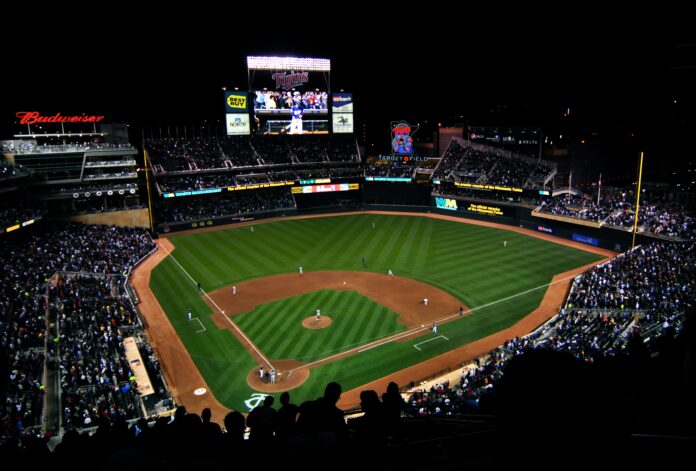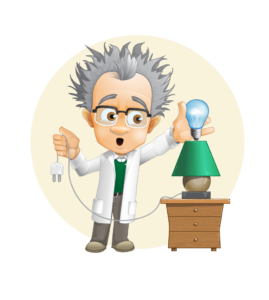Target Field opened in 2010 to rave reviews for its atmosphere, amenities, and even its food. ESPN The Magazine ranked it as the No. 1 stadium in North America. And it’s LEED Silver Certified by the U.S. Green Building Council.
But Target Field has one major problem for nearby Minneapolis residents who live in the Falls and Pinnacle condominium complex, according to MinnPost. Unlike most of the sports world, they aren’t so happy with Target Field. During the day, they have a wonderful view of the ballpark from their windows and balconies. At night, they have a not-so-wonderful view of the blinding lights.
Light pollution can be a major problem for multiple reasons. Excessive or misdirected light can disrupt wildlife and ecosystems, and as Target Field proves, it can also affect humans. It obscures the view of the night sky, disrupts sleep, and can make it difficult for drivers to see. This past August, NPR even discussed light pollution in Light Pollution and ‘The End Of Night.’
The problematic lights aren’t the ones used to illuminate the field, but a separate set called “housekeeping light” that helps cleaning crews see all the garbage that fans have left behind. They shine onto the seating areas for an eight-hour cleaning schedule after each game or event, as well as into the homes of residents in the 19-story Falls and 27-story Pinnacle buildings.
Dan Mather, the president of the Falls and Pinnacle homeowners association, has been pushing the Twins and the Minnesota Ball Park Authority to do something about the light pollution. Four years and many phone calls and meetings later, the park has started to do something about the problem. The first base lights will no longer be used and six to eight individual bulbs were re-aimed recently to avoid shining directly at the buildings. Fortunately, Mather noticed a big difference after a recent Paul McCartney concert at Target Field.
This issue could’ve been avoided before they received complaints from nearby residents. Factors like light source and angle at which they’re directed can make a big impact. LED lighting, in particular, is known to reduce light trespass.
Before starting any lighting project, it’s important for property managers to consider factors like light pollution and light trespass, or risk incessant complaints from the neighborhood. I, Dr. Bulb, think it’s always worth it to be a good neighbor! $550 million ballparks should not be an exception.



